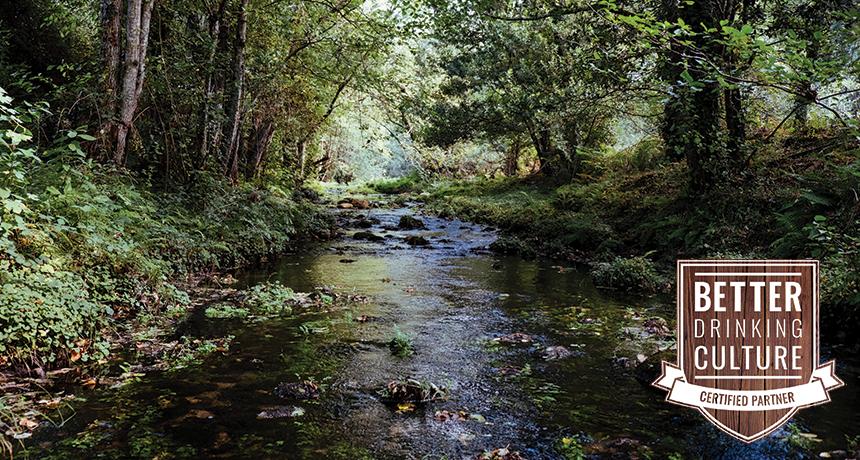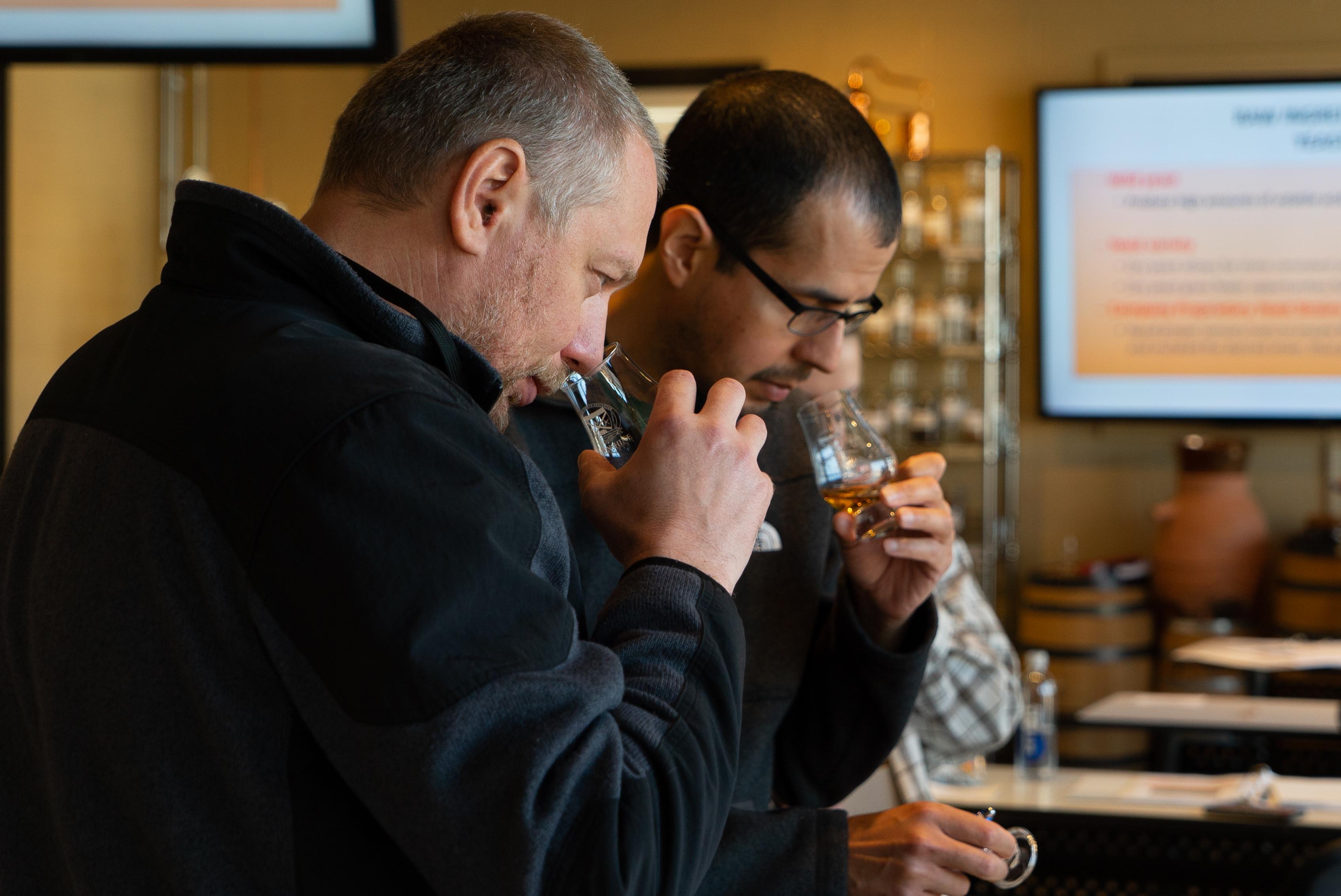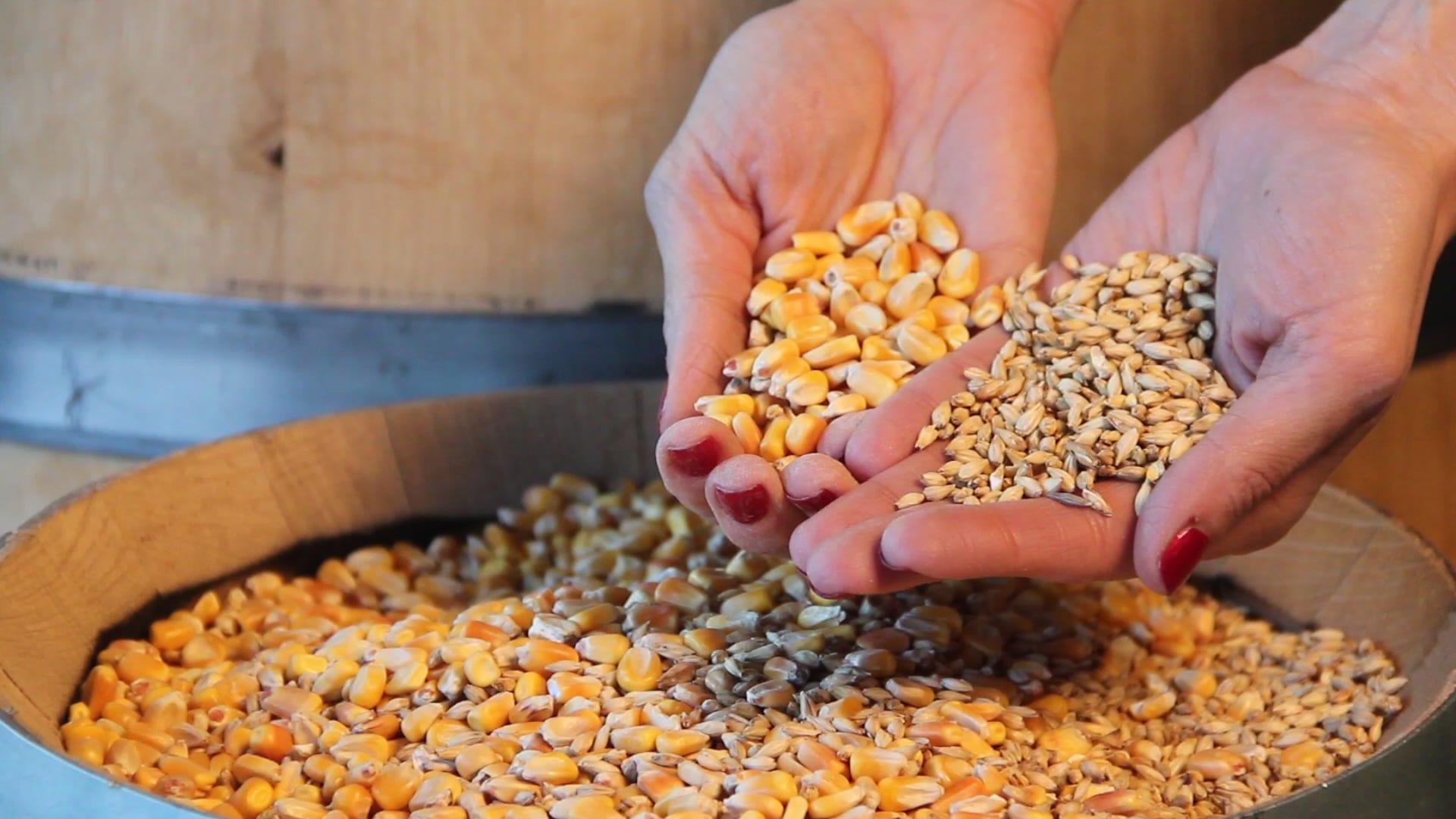
The Art of Non-Alcoholic Spirits
blog
For decades, spirits and cocktails have fostered a culture of craft, connection, and celebration. But over time, cocktail culture has evolved far beyond the buzz!

Written by Aspen Grender, Certified Bourbon Steward & Communications Strategist at The University of Kansas
Those working in the distilled spirits sector have long recognized the importance of corporate social responsibility (or CSR)-and for good reason. As an intensely scrutinized and meticulously regulated industry that's inherently tied to the land and natural resources, distilling and CSR are inextricably interwoven in a multitude of important ways.
In light of recent market trends, as well as quickly-changing consumer expectations and the rapid pace of information sharing, it's now more important than ever for distillers to amplify their commitment to CSR. Here are three observations to consider as you evaluate and build out your current and future CSR initiatives:
Consumer expectations are transforming-fast. According to a 2018 Mintel study, 97 percent of consumers "believe it is at least somewhat important that companies behave ethically," up 21 percent from just six years before. A 2018 Nielsen report found that 80 percent of 15- to 20-year-olds agreed that companies should implement environmental sustainability programs, specifically.
This trend toward greater accountability-especially pressing now in the aftermath of the explosive events of 2020-has led corporations and small businesses alike to take stances on a range of sensitive social and political issues, with many putting advocacy front-and-center in advertising and company wide initiatives.
The distilling industry has been no exception. Having a well-rounded playbook in place to successfully navigate these shifts and effectively communicate distillers' CSR efforts will, no doubt, continue to be essential in reaching and engaging new audiences now and in the future.
Major organizations representing distillers have gone to great lengths to affirm and deliver on the industry's longstanding commitment to prioritizing responsibility. The Distilled Spirits Council of the United States (DISCUS) outlines six key strategies in the industry's sustainability practices: land stewardship, responsible water use, energy reduction, circular material syncing, waste reduction, and evaluating transport burdens.
In 2019, the Kentucky Distillers' Association (KDA) partnered with Better Drinking Culture (BDC) to "launch a responsible retailing program [to] audit and recognize distilleries' best practices in operations and marketing." And in 2018, the KDA and the Beverage Industry Environmental Roundtable (BIER) joined forces to produce "an environmental benchmarking study" which found that "Kentucky distilleries' collective energy and water use ratios consistently declined from 2013 to 2017, and rested below the global distillery averages in 2017."
The role of CSR has also become an increasingly visible component in major corporations' strategies. Take the bourbon category, for example: companies like Brown-Forman and Beam Suntory have rolled out robust, multi-faceted programs to address issues like sustainability and safety through both external and internal program development.
Brown-Forman, perhaps as much as any player in the bourbon industry, has taken a strong stance on environmentalism and sustainability, pledging to "protect and conserve natural resources-for [their] business and for future generations" through the DendriFund. Woodford Reserve's website also notes that an impressive 98 percent of their waste materials are recycled on site, 97 percent of food scraps are composted on its property, and 10 acres of that land has also been devoted to "native grass restoration."
CSR initiatives across the distilling industry, as well as within organizations both large small, deserve to be recognized and celebrated, loudly and proudly. In fact, it seems that consumers prefer it that way.
Companies across the beer, wine, and spirits sectors can benefit from using the kinds of measures taken by corporations like Brown-Forman and Beam Suntory as templates for their own initiatives. Rather than taking a back seat, these kinds of efforts can play a pivotal, strategic role in the businesses of emerging craft distilleries and longstanding operations alike-and, in the process, can further help brands build buzz and loyalty from consumers.
It's clear that the industry deeply values CSR. It's practically ingrained in its very DNA, in fact. But there's no better time than our current moment to put a spotlight on your brand's CSR portfolio and showcase what's possible when distilling is done for the greater good.
Interested in advancing your knowledge of distilling and the spirits industry? Check out Moonshine University's upcoming courses to learn from the best in the business.
Written by Aspen Grender, Certified Bourbon Steward & Communications Strategist at The University of Kansas
Related Content
7 Tips For Hosting A Successful Tasting Event
Enzymes: The Worker Bees Of Fermentation
11 Questions with Barrel Aging Experts, Andrew Wiehebrink & Gregg Snyder

blog
For decades, spirits and cocktails have fostered a culture of craft, connection, and celebration. But over time, cocktail culture has evolved far beyond the buzz!

blog
Those that are familiar with the process of crafting distilled spirits may also be familiar with the 10 common congeners that are created during fermentation, and honed during the distillation run. Each congener has its own distinct personality, rendering unique tastes and aromas to the finished spirit.

blog
So, you want to start distilling with freshly milled grain. Maybe you're tired of paying top dollar for the pre-milled stuff from the malt distributor, and you're ready to invest in the quality, efficiency, and bulk pricing that comes with milling your own whole grain. But where do you start?